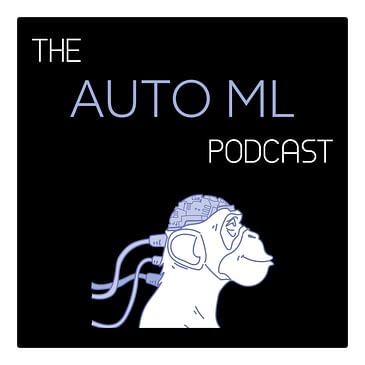In today's episode, we're introducing the very special Theresa Eimer to the show.
Theresa will be taking over the hosting of many of the future episodes. Theresa has already recorded multiple episodes and we are stoked to air those shortly.
We also spend a few moments explaining my relative absence in the last few months (since the war in the middle east erupted) and what I'm up to now.
Theresa, we are all so excited to be doing this together!
To learn more about Theresa,
Follow her on Twitter here: https://twitter.com/The_Eimer
Connect with her on LinkedIn here: https://www.linkedin.com/in/theresa-eimer-a724b5b0/
As you'll hear in the episode, she's also one of the co-organizers of COSEAL, which you can learn more about here: https://www.coseal.net/

